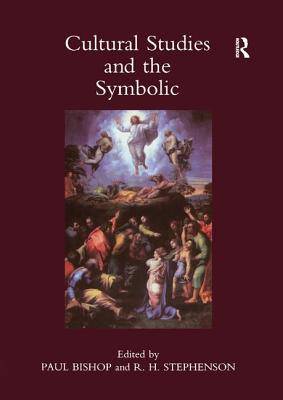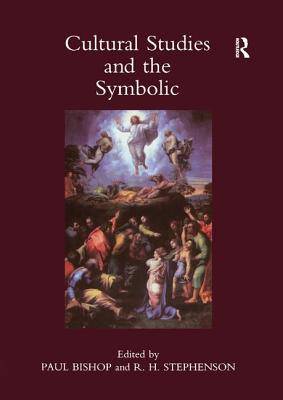
- Afhalen na 1 uur in een winkel met voorraad
- Gratis thuislevering in België vanaf € 30
- Ruim aanbod met 7 miljoen producten
- Afhalen na 1 uur in een winkel met voorraad
- Gratis thuislevering in België vanaf € 30
- Ruim aanbod met 7 miljoen producten
Zoeken
Cultural Studies and the Symbolic: Theory Studies, Presented at the Univeristy of Glasgow's Centre for Intercultural Studies: V. 1: Occasional Papers in Cassirer and Cultural
Theory Studies, Presented at the Univeristy of Glasgow's Centre for Intercultural Studies
Paul Bishop
€ 71,95
+ 143 punten
Omschrijving
Given the growing disenchantment, on all sides, with the 'high theory' of the 1970s and 1980s, and with the dominant master-trope of literary and cultural reflexion of the 1980s and 1990s, the extended metaphor or 'allegory', this volume offers a timely re-examination of what, according to Goethe, is a deeper mode of understanding the symbol. Via the life-long preoccupation of Ernst Cassirer with the problems of 'symbolic form', as he christened it, the papers collected here try to come to terms with the thinking of Goethe and Schiller on the symbol, and on related issues. Taken together, they attempt to elucidate the filiation of German classicism down through the nineteenth century to the present, in the belief that some of Cassirer's ideas have fed, often unacknowledged, into the mainstream of contemporary cultural theory, and that the rigour of his thought can help clear up much of the confusion in that 'theory'.
Specificaties
Betrokkenen
- Auteur(s):
- Uitgeverij:
Inhoud
- Aantal bladzijden:
- 136
- Taal:
- Engels
- Reeks:
- Reeksnummer:
- nr. 1
Eigenschappen
- Productcode (EAN):
- 9781904350033
- Verschijningsdatum:
- 1/09/2003
- Uitvoering:
- Paperback
- Formaat:
- Trade paperback (VS)
- Afmetingen:
- 175 mm x 246 mm
- Gewicht:
- 409 g

Alleen bij Standaard Boekhandel
+ 143 punten op je klantenkaart van Standaard Boekhandel
Beoordelingen
We publiceren alleen reviews die voldoen aan de voorwaarden voor reviews. Bekijk onze voorwaarden voor reviews.











